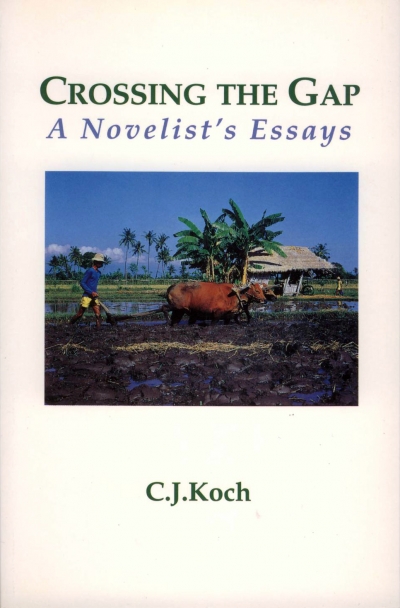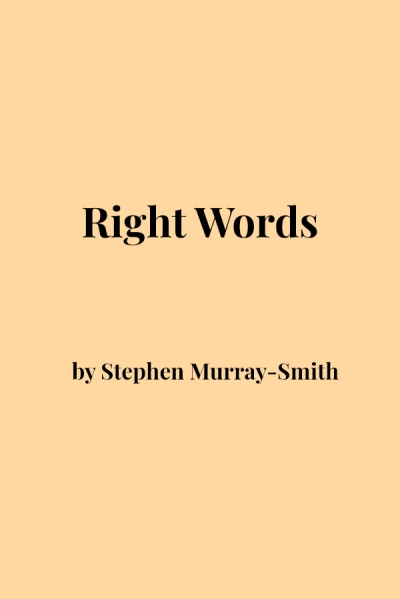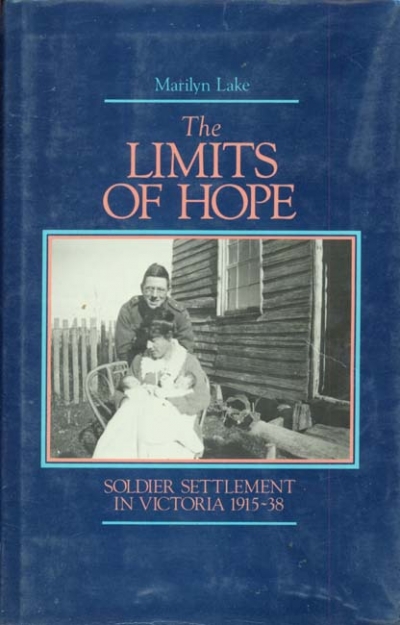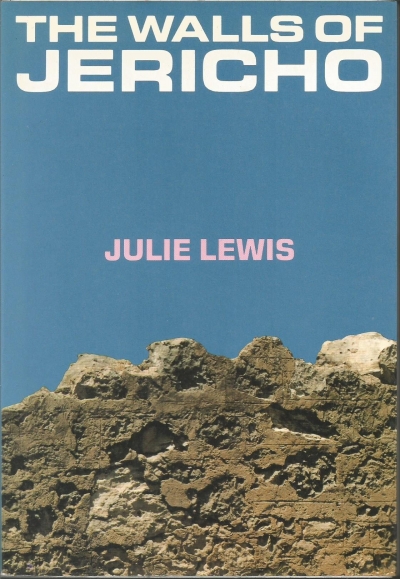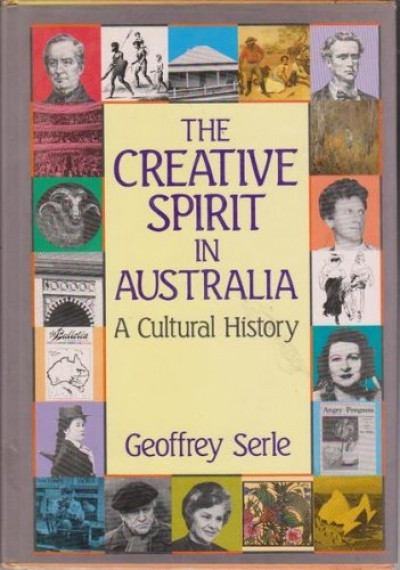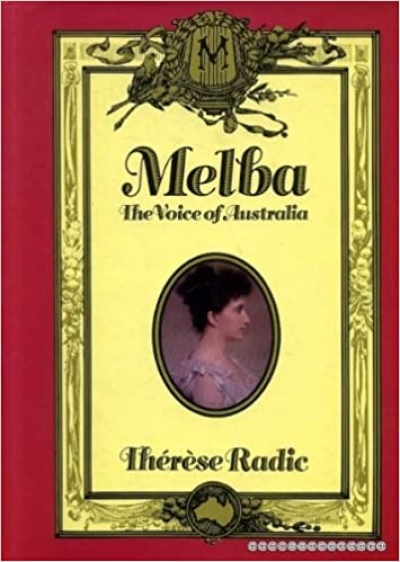Archive
Right words: A guide to English usage in Australia by Stephen Murray-Smith
by Stephen Knight •
Writing is what I love doing. There is almost nothing like it. Even playing two or three close sets of tennis will not quite compete with having a good poetic theme discover you, and then managing to nut it out, to make it chime like a bell. No wonder the French critics are so fond of talking about the jouissance of a text. When a poetic shape-and-theme I’ve been struggling with comes good, it comes like an express train. And, whether painful or pleasing, writing has become an absolute necessity, so that I grow fretful, grumpy, zany, if I haven’t written anything decent for several days.
... (read more)The Limits of Hope: Soldier settlement in Victoria 1915–1938 by Marilyn Lake
by Jill Roe •
The Woodpecker Toy Fact and Other Stories by Carmel Bird
by Christina Thompson •
The Walls of Jericho by Julie Lewis & The Wild Dogs by Peter Skrzynecki
by Brenda Walker •
The Creative Spirit in Australia: A Cultural History by Geoffrey Serle
by Vane Lindesay •

